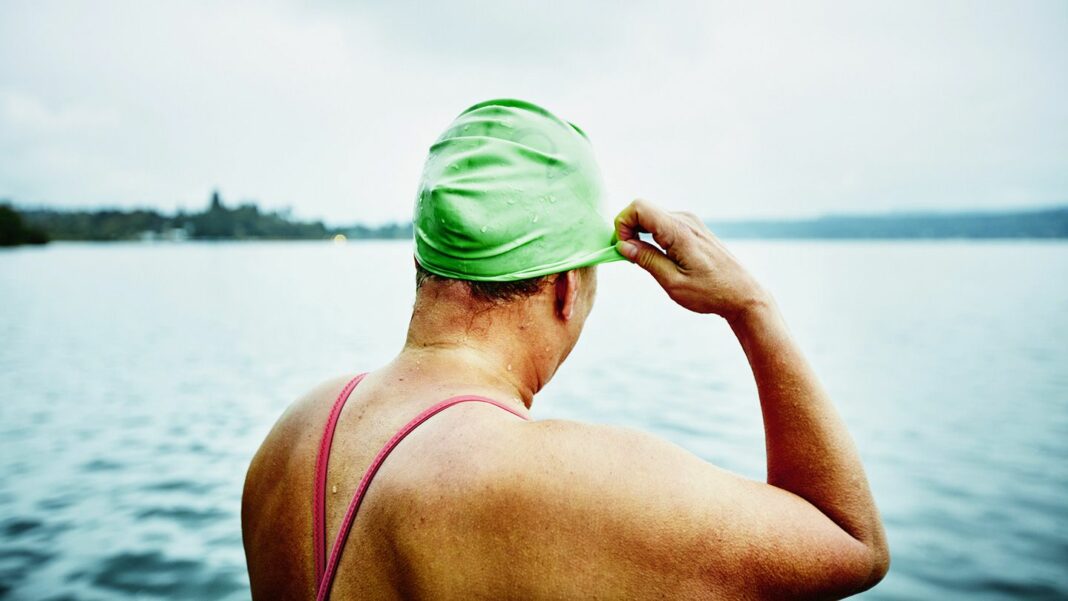Can Swimming in a Pool or Lake Make You Sick?
Swimming is a popular recreational activity that many people enjoy during the summer months. Whether you’re swimming in a pool or a lake, there’s always a risk of getting sick from the water. In this article, we’ll explore the potential health risks associated with swimming in pools and lakes, and how you can protect yourself from getting sick.
Health Risks of Swimming in Pools
Swimming pools can be a breeding ground for bacteria and other pathogens if they are not properly maintained. Chlorine is typically used to disinfect pool water and kill harmful organisms, but if the chlorine levels are not properly balanced, it can lead to the growth of harmful bacteria such as E. coli and Cryptosporidium.
Swimmers can also get sick from pool water if they accidentally swallow contaminated water or if they have open wounds that come into contact with the water. Common illnesses that can result from swimming in contaminated pool water include skin infections, respiratory infections, and gastrointestinal illnesses.
How to Protect Yourself:
To reduce your risk of getting sick from swimming in a pool, make sure to shower before entering the pool to remove any dirt or bacteria from your skin. Avoid swallowing pool water, and always wash your hands after using the restroom. Additionally, make sure to choose pools that are properly maintained and have adequate chlorine levels to kill harmful bacteria.
Health Risks of Swimming in Lakes
Swimming in lakes can also pose health risks due to the presence of bacteria, algae, and other pathogens in the water. Lakes can become contaminated with fecal matter from birds or animals, which can lead to the growth of harmful bacteria such as E. coli.
In addition to bacteria, lakes can also contain harmful algae blooms that produce toxins that can cause skin irritation, respiratory issues, and gastrointestinal illnesses. Swimmers can also be at risk of getting parasites such as Giardia or Cryptosporidium from contaminated lake water.
How to Protect Yourself:
To reduce your risk of getting sick from swimming in a lake, avoid swimming in areas where the water appears murky or has a strong odor. Try to swim in designated swimming areas that are monitored for water quality, and avoid swallowing lake water. After swimming, make sure to shower to remove any contaminants from your skin.
Conclusion
While swimming in pools and lakes can be a fun and refreshing way to beat the heat, it’s important to be aware of the potential health risks associated with these activities. By taking precautions such as showering before swimming, avoiding swallowing water, and choosing clean and well-maintained swimming areas, you can help protect yourself from getting sick. Remember to always prioritize your health and safety when enjoying water activities.
FAQs
Q: Can I get sick from swimming in a pool with too much chlorine?
A: Yes, exposure to high levels of chlorine in pool water can cause skin and eye irritation, respiratory issues, and gastrointestinal problems. It’s important for pool owners to maintain proper chlorine levels to ensure a safe swimming environment.
Q: How can I tell if a lake is safe for swimming?
A: Look for signs posted at the lake that indicate water quality and any potential health risks. Avoid swimming in areas that appear polluted or have visible signs of contamination. It’s always a good idea to check with local authorities for any water quality advisories before swimming in a lake.
Q: What should I do if I start feeling sick after swimming?
A: If you experience symptoms such as nausea, diarrhea, skin irritation, or respiratory issues after swimming, it’s important to seek medical attention. Be sure to inform your healthcare provider about your recent swimming activities so they can determine the appropriate course of treatment.




